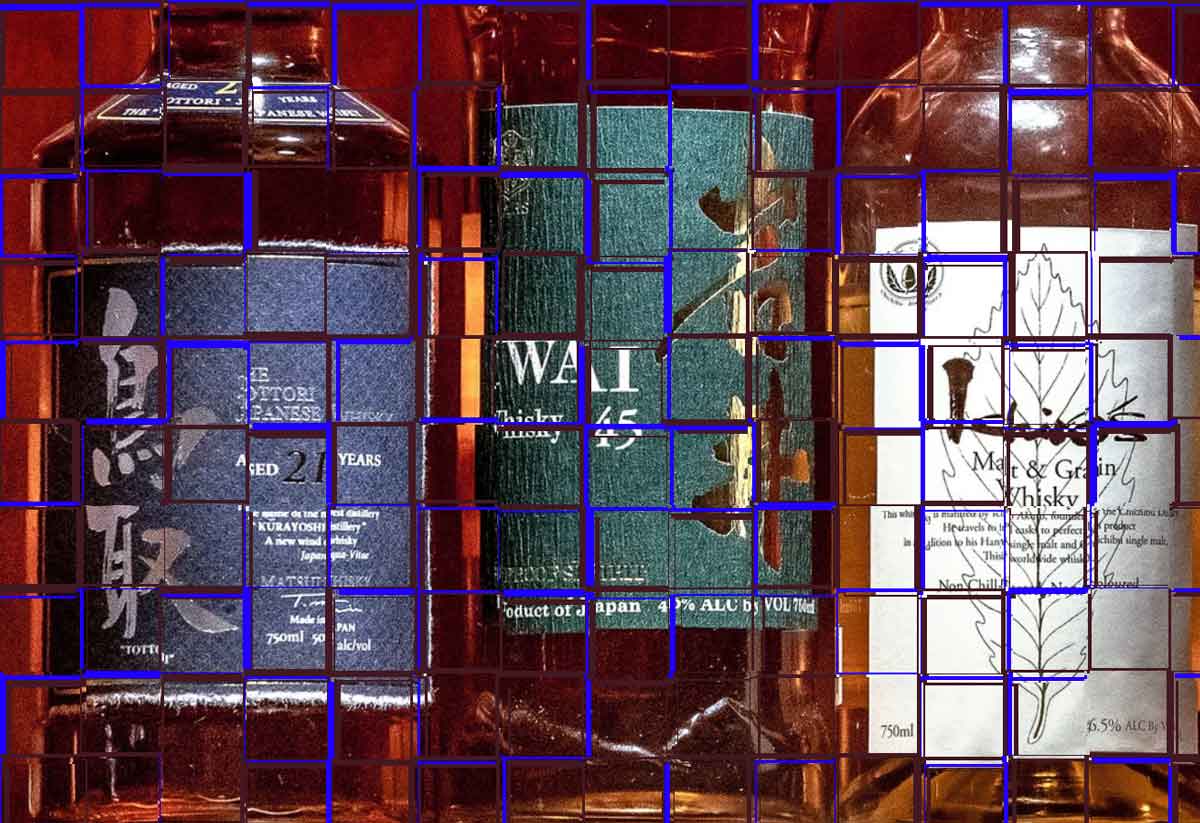Japanese whiskey, despite the shortage, has enjoyed a sales boost. However, we wonder, are we actually buying Japan-made whiskey?
Recent information from The New York Times reveals that the liquor of many Japanese whiskies we know is not exactly made in Japan. And even “some are not even whiskey,” says Mamoru Tsuchiya in an article by Clay Risen (The New York Times).
Of course, for many whisky experts this is a fact that they do not overlook. But for many new fans, it can go unnoticed. In fact, there is a lot of Japanese whiskey that uses imported Scotch or Canadian whiskey. And many distilleries have clarified the origins, like Chichibu, of their whiskies called “World Blend”.
Why is this? A world as rigid as that of whisky distillation hardly allows the rules of preparation to be broken. That is why Mamoru Tsuchiya has decided to propose new rules in the creation of Japanese whisky. In Japan, companies can buy spirits abroad in batches, bottle them and call them “Japanese whiskey”. Some distilleries don’t even distil, in fact they import the whiskey in batches and hire another company to bottle it.
The “World Blends” Label
To avoid this confusion about the origins of whiskies, the “World Blends” label has been standardised. That is, a combination of domestic and imported products.
Among the rules that Tsuchiya proposes are that distilleries only use grain in their recipe, fermented with yeast, distill it in Japan in its entirety, and age it at least two years in wooden barrels instead of three, since unlike Scotland the climate is much more temperate in Japan and can age faster.
These rules are pushing distilleries to be more transparent about the origin of their whisky. For example, the renowned distilleries Suntory and Chichibu. However, all distilleries need to share these rules.
Only the distilleries can begin to change this distorted view of what a good part of Japanese whisky is. “They must decide whether their interests are good for the industry or good for consumers. Said Yoshitsugu Komasa, founder of Kanosuku Distillery, who has encouraged other artisanal producers to be more transparent. “If these rules are not adapted, I think things will get worse.”
Alexandre Vingtier, specialist and journalist for Rumporter and Spirits Hunters gives his opinion :
The crossroads at which Japanese whisky finds itself: on the one hand, an international reputation based on great whiskies, 100% Japanese single malts and exceptional blends sometimes including Scottish malts. And on the other hand, it is mainly consumed as ‘whisky’ based on only 10% aged malt, the rest being light alcohol, for the taste and the price.
In between, opportunists use this international legitimacy to export pseudo Japanese whiskies, either imported Japanese whiskies, or grain shochus …
Tsuchiya San’s proposal is reasonable and goes in the direction of a GI Japanese Whisky useful for premium versions especially for export. There is still time to act…see J for Japanese Whisky.
Don’t drink and drive. Enjoy responsibly.

